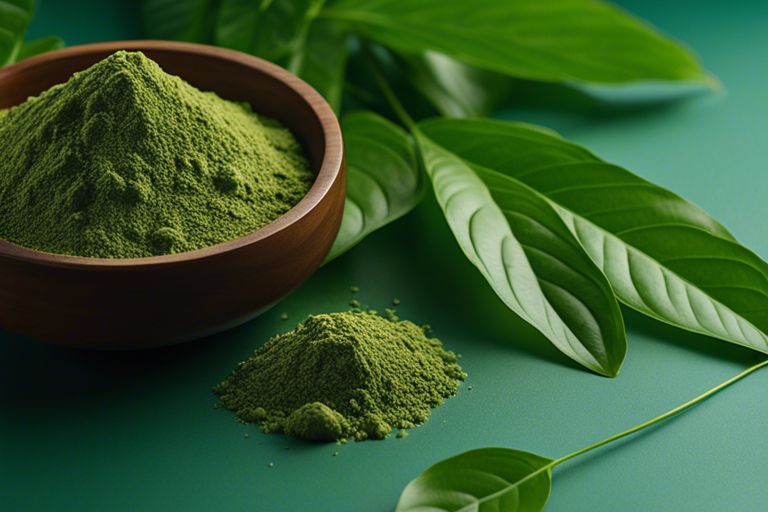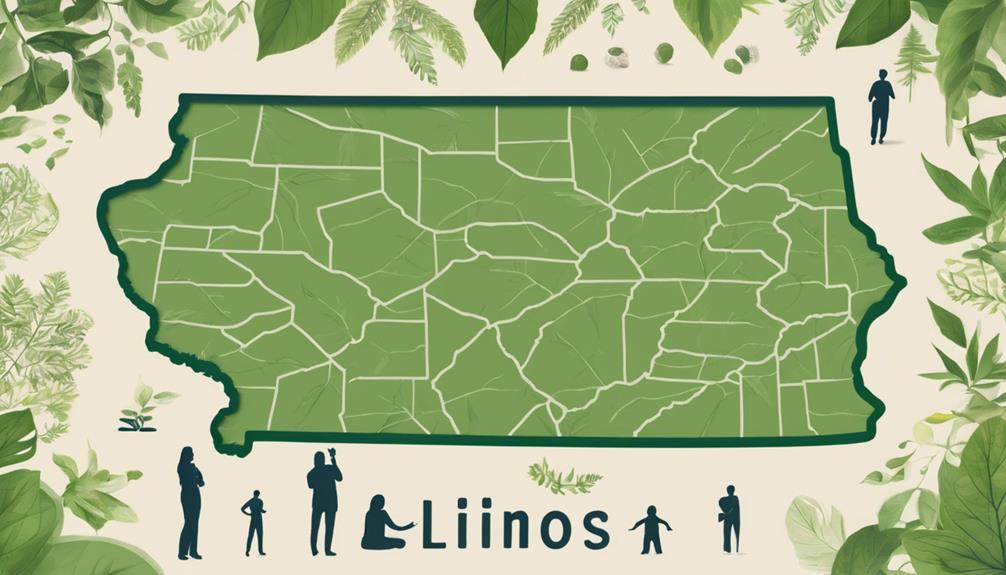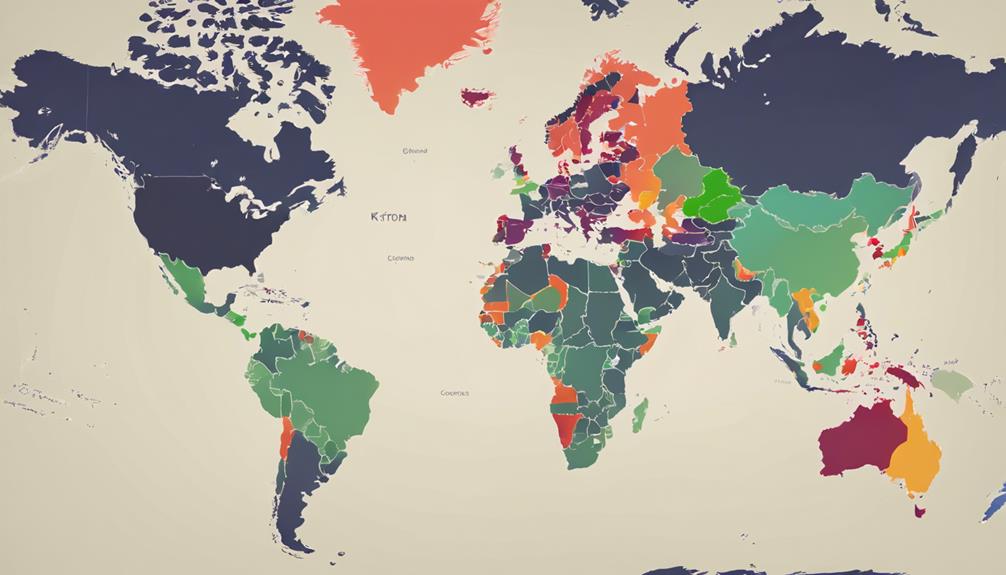Deprecated: mb_convert_encoding(): Handling HTML entities via mbstring is deprecated; use htmlspecialchars, htmlentities, or mb_encode_numericentity/mb_decode_numericentity instead in /home/users/kratomfiles/www/kratomfiles.com/wp-content/plugins/quick-adsense-reloaded/includes/template-functions.php on line 3552
Kratom (Mitragyna speciosa) is a tropical evergreen tree belonging to the coffee family, indigenous to Southeast Asia. Its leaves have been utilized in traditional medicine for centuries to manage pain, increase energy, and enhance mood. In recent years, kratom has gained popularity in the United States as an alternative to prescription opioids for chronic pain management and alleviating opioid withdrawal symptoms.
It is available in various forms, including powder, capsules, and extracts, and can be consumed as a tea or ingested directly. The primary active compounds in kratom are alkaloids, particularly mitragynine and 7-hydroxymitragynine. These substances interact with opioid receptors in the brain, producing analgesic and euphoric effects.
While some individuals use kratom responsibly and report benefits, concerns have been raised about its potential for abuse and addiction. Consequently, the legal status of kratom has become a topic of debate and regulation in many states, including Illinois.
Key Takeaways
- Kratom is a tropical tree native to Southeast Asia, known for its medicinal and recreational properties.
- Kratom is legal in Illinois, but there have been efforts to ban or regulate its use in the state.
- In Illinois, there are currently no specific regulations on the sale or use of kratom, but there have been discussions about potential regulations in the future.
- Recent developments in kratom legality in Illinois include proposed bans and restrictions on its sale and use.
- Advocacy efforts for kratom legalization in Illinois have been ongoing, with supporters citing its potential benefits and low risk of harm.
- Potential future changes in kratom legality in Illinois may include regulations on its sale and use, as well as continued advocacy efforts for its legalization.
- In conclusion, kratom legality in Illinois is currently in a state of flux, with ongoing discussions and advocacy efforts shaping its future.
Kratom Legality in Illinois
Local Efforts to Regulate Kratom
However, there have been efforts to regulate or even ban kratom in Illinois, particularly at the local level. Several municipalities in Illinois have considered or enacted ordinances to restrict the sale and distribution of kratom within their jurisdictions.
Example of Local Regulation: Naperville
For example, in 2018, the city of Naperville passed an ordinance requiring kratom retailers to obtain a special permit and adhere to certain regulations, such as age restrictions and product labeling requirements.
Ongoing Debate and Need for Oversight
These local regulations reflect the ongoing debate surrounding kratom’s safety and potential risks, as well as the need for oversight and consumer protection.
Kratom Regulation in Illinois

Despite the lack of statewide legislation prohibiting kratom, there are regulations in place to ensure the safety and quality of kratom products sold in Illinois. The Illinois Department of Agriculture oversees the registration and inspection of kratom vendors to ensure compliance with food safety standards and labeling requirements. Additionally, the Illinois Food, Drug, and Cosmetic Act prohibits the sale of adulterated or misbranded products, including kratom.
Kratom vendors in Illinois are required to adhere to good manufacturing practices and provide accurate information about their products, including the ingredients, potency, and potential risks. These regulations aim to protect consumers from contaminated or impure kratom products and promote transparency within the industry. However, some advocates argue that excessive regulation could limit access to kratom for individuals who rely on it for medical reasons.
Recent Developments in Kratom Legality
| Date | Country | Development |
|---|---|---|
| May 2021 | Thailand | Thailand removed kratom from its list of controlled substances, allowing its use for medical purposes. |
| March 2021 | United States | The state of Utah passed a bill to regulate kratom, requiring manufacturers to register with the state. |
| February 2021 | Malaysia | Malaysia announced plans to decriminalize kratom possession for personal use. |
In recent years, there have been several developments related to kratom legality in Illinois. In 2019, the Illinois House of Representatives introduced a bill that would have classified kratom as a controlled substance, effectively banning its sale and possession. The proposed legislation sparked controversy and prompted advocacy efforts from kratom supporters who argued for the plant’s potential benefits and minimal risks when used responsibly.
Ultimately, the bill did not advance in the legislative process, and kratom remained legal in Illinois. However, the debate surrounding kratom’s legal status continues to evolve as new research emerges and public perception shifts. Some lawmakers and public health officials remain concerned about the potential for kratom abuse and adverse effects, while others advocate for more nuanced regulations that balance consumer access with safety measures.
Advocacy Efforts for Kratom Legalization
In response to proposed bans and restrictions on kratom, advocacy organizations and grassroots movements have emerged to defend the rights of kratom users and promote education about the plant’s potential benefits. These advocates argue that kratom can be a safer alternative to prescription opioids for managing chronic pain and opioid dependence, citing anecdotal evidence and preliminary research supporting its efficacy. Advocacy efforts for kratom legalization in Illinois have included public demonstrations, petitions, and outreach to lawmakers to raise awareness about the potential impact of restrictive regulations on individuals who rely on kratom for their well-being.
Additionally, advocacy groups have emphasized the need for responsible regulation that ensures product quality and consumer safety without unduly limiting access to kratom.
Potential Future Changes in Kratom Legality

Shifting Public Opinion and Advocacy Efforts
On the other hand, ongoing advocacy efforts and growing public support for kratom may influence lawmakers to maintain its legal status or enact more lenient regulations.
A Balanced Approach to Kratom Legality
The future of kratom legality in Illinois will likely depend on a balanced approach that considers both public health considerations and individual freedoms.
Revisiting Regulations in Light of New Research
As research on kratom advances and its potential therapeutic applications are further explored, policymakers may revisit existing regulations to ensure that they reflect the most current understanding of kratom’s effects and appropriate safeguards for consumers.
Conclusion and Summary
In conclusion, kratom legality in Illinois is currently characterized by a lack of statewide bans but varying degrees of local regulation. While kratom remains legal for individuals over 18 to purchase and possess, some municipalities have implemented ordinances to oversee its sale and distribution. The state has also established regulations to ensure the safety and quality of kratom products through vendor registration and inspection.
Recent developments in kratom legality have sparked debate and advocacy efforts from both supporters and critics of the plant. Proposed legislation to ban kratom ultimately did not advance in Illinois, but ongoing discussions about its risks and benefits continue to shape public policy considerations. Advocacy organizations have emerged to defend kratom users’ rights and promote responsible regulation that balances consumer access with safety measures.
Looking ahead, potential future changes in kratom legality in Illinois may be influenced by evolving research on its effects and continued advocacy efforts from stakeholders. The legal status of kratom will likely remain a topic of interest for policymakers as they navigate the complex considerations surrounding public health, individual well-being, and consumer rights.
If you’re interested in learning more about the legality of kratom in Illinois, you may also want to check out this article on Oasis Kratom. It provides valuable information on the different strains and varieties of kratom available, which can be helpful for those looking to purchase kratom in Illinois.
FAQs
What is kratom?
Kratom is a tropical tree native to Southeast Asia, known for its leaves that contain compounds with psychotropic effects. It is commonly used as a recreational drug, painkiller, and as a treatment for opioid withdrawal.
Is kratom legal in Illinois?
As of 2021, kratom is legal for use and purchase in the state of Illinois. There have been no laws passed to ban or regulate the sale and consumption of kratom in the state.
Is kratom regulated in Illinois?
Kratom is not currently regulated by the state of Illinois. However, the FDA has issued warnings about the potential risks associated with kratom, and some local jurisdictions in Illinois have imposed restrictions on its sale.
Can I buy kratom in Illinois?
Yes, kratom can be legally purchased in Illinois. It is available in various forms, including powder, capsules, and extracts, and can be found in some specialty stores and online retailers.
Are there age restrictions for purchasing kratom in Illinois?
There are currently no age restrictions for purchasing kratom in Illinois. However, some retailers may choose to impose their own age restrictions for the sale of kratom products.










